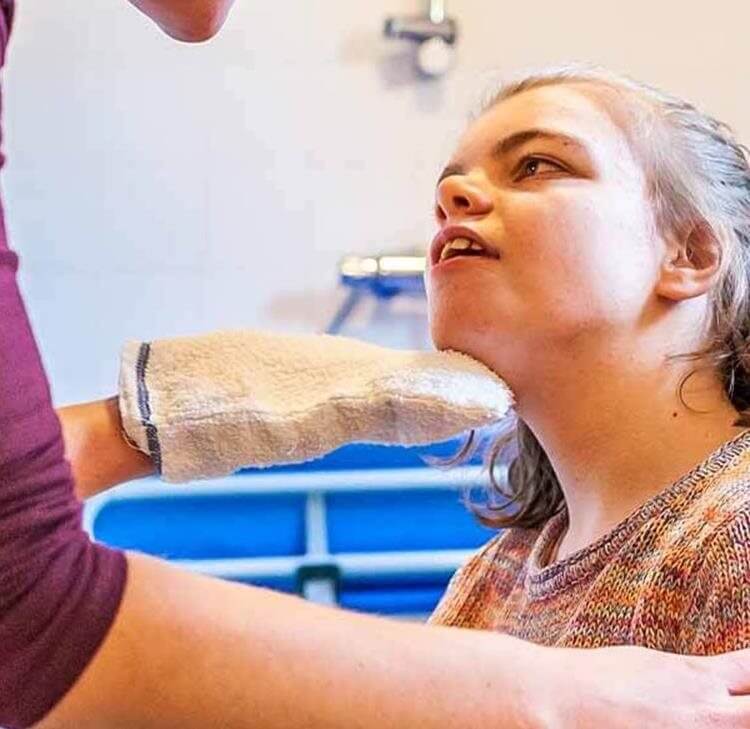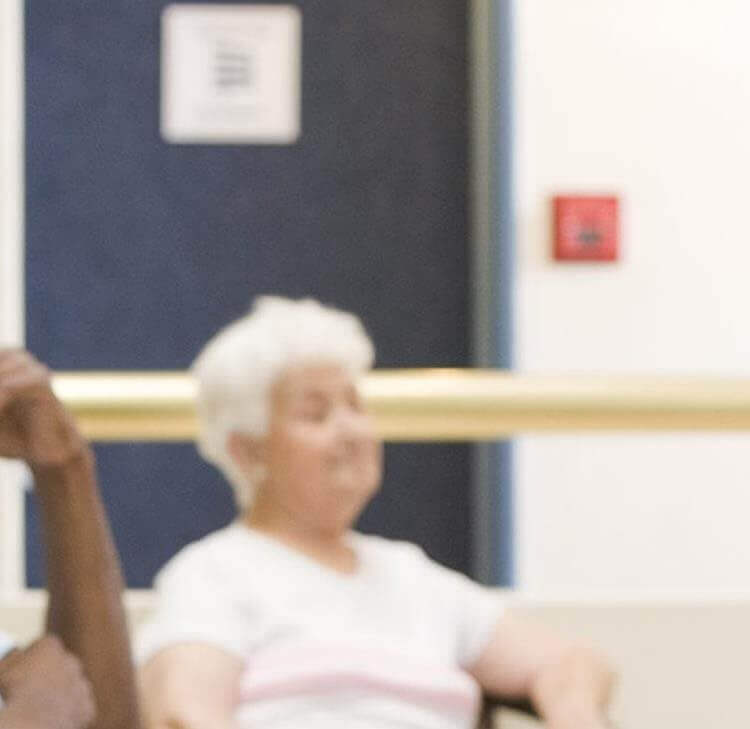
Deprivation of liberty
Legislation around deprivation of liberty is complicated and has seen a lot of legal changes in recent years. Getting the most comprehensive advice about what it involves and how it can affect you is crucial.
Working across health, social care, education and for NHS bodies, local authorities and independent providers, we specialise in Court of Protection and High Court proceedings that involve the Deprivation of Liberty Safeguards, deprivation of liberty in a community setting and of children in a range of settings. We’re regarded as the country’s leading practice on deprivation of liberty.
Our expertise covers reviewing policies and procedures, dealing with individual cases, and disputes in the Court of Protection or High Court. We also handle the potential liabilities and compensation claims that come about as a result of these cases.
What is deprivation of liberty?
When a person lacks the mental capacity to consent to arrangements about their care, treatment, residence or other issues such as contact arrangements with others, health, hospital professionals and care home providers have the legal capacity to restrict the individual’s freedom where this is in their best interests to protect them from harm and is proportionate in the circumstances. According to the law, a ‘deprivation of liberty’ arises where a person is “under continuous supervision and control”, is “not free to leave” and lacks capacity to make decisions about the treatment or other type of care that is being provided.
For such arrangements to be lawful a legal framework such as the Deprivation of Liberty Safeguards must be in place. For example, someone might be living in a nursing home where doors to different parts of the building are locked, restricting access to potentially hazardous areas such as kitchens and to the exit, for their own safety. They may still be able to go out with family or members of staff and this deprivation of liberty has been properly sanctioned following the correct procedures.
In this case, liberty has been deprived lawfully. It’s when authorisation has not been granted that this could be classed as unlawful, and this is where our services come in. We’re recognised as a leading national provider of training on mental capacity and deprivation of liberty and offer a range of services that cover every aspect of this issue.
Why is deprivation of liberty a hot topic?
Deprivation of liberty has fallen under intense scrutiny in recent years and has become one of the most challenging issues for providers and commissioners of health and social care. This follows a Supreme Court judgment in Cheshire West in March 2014, which resulted in a significant shift in the way the law defines a person whose liberty has been deprived.
Having a legal team in place that understands the intricacies of each deprivation of liberty case is essential for a successful resolution.
How can Browne Jacobson help with deprivation of liberty cases?
We manage and limit your liabilities for unlawful deprivation of liberty, and help to ensure that authorisation is obtained, quickly and cost effectively, for care packages in the community through our fixed fee process for Court of Protection applications.
In addition, we offer a full range of services:
- Expert team - we have a trained, expert team that can help with reviews of policies and procedures, oversee individual cases and disputes in the Court of Protection, and assist with the potential liabilities and compensation claims that occur from these cases.
- Speedy response - including emergency and out of hours applications to court where required.
- Training provider - our team can provide training in mental capacity and deprivation of liberty, including the statutory Best Interests Assessor refresher training. We also provide case studies and other resources in person and online.
- Guidance and support - we have a team of Mental Capacity Act and Deprivation of Liberty leads based in our offices around the country who offer support through regional forums, along with regular case law update webinars that are free of charge. These webinars are viewed by thousands of health and social care professionals, making them a practical tool for those working in the sector.
- Strategic advisors - our advisors regularly work with government bodies on development of proposals for reform or the law.
- NHS Resolution panel members - we work with NHS Resolution and insurers across health and social care on a strategic response to claims for unlawful deprivation of liberty.
Why choose Browne Jacobson?
We’re able to keep up with the fast-moving, complex nature of mental capacity law and deprivation of liberty, working closely with government bodies and dealing with some of the leading reported cases to ensure we have the very latest information about this area. This allows us to look at each case using up-to-the-minute details.
Our dedicated team is on hand to offer specialist advice about deprivation of liberty and the standards that come with this in order to help you achieve the outcome you need. To find out more, contact us at one of our five regional centres and speak to one of our deprivation of liberty experts.
What we do
- Our expertise - from review of policies and procedures, to dealing with individual cases and disputes in the Court of Protection, and with the potential liabilities and compensation claims arising from these.
- Leading national provider of training - on mental capacity and deprivation of liberty, including the statutory Best Interests Assessor refresher training, as well as providing case studies and other resources in person and online.
- Guidance and support - through our regional forums for MCA / DOL leads in our offices around the country and delivery of regular case law update webinars, free of charge, viewed by thousands of health and social care professionals.
- Strategic advisors - working with government bodies on development of proposals for reform or the law.
- NHS Resolution panel members - we work with NHS Resolution and insurers across health and social care on a strategic response to claims for unlawful deprivation of liberty.
"They manage to explain the law clearly and effectively, providing calm efficiency in a wide range of situations in the field of Mental Health Legislation, ranging from advice about Mental Health Act papers to navigating the whole Court process from application to decision."
Featured experience
Intensive Care Society
Drafting the guidance for the Intensive Care Society on the application of Cheshire West in the intensive care setting.
Deprivation of liberty in the community
We represented a local authority in a case where a young man with autism and learning difficulties was being deprived of his liberty in his supported living placement. We supported the local authority in obtaining a deprivation of liberty order from the court, to authorise the restrictive but necessary care arrangements.
Training
Delivery of regular case law update webinars, free of charge, viewed by thousands of health and social care professionals.
Testimonials
What our people say
Working in mental health and mental capacity law
Rebecca Fitzpatrick, Partner
"The team I head helps the NHS to save the lives of vulnerable adults and children in urgent medical treatment cases which gives me a lot of satisfaction."Find out more

Key contacts

Rebecca Fitzpatrick
Partner
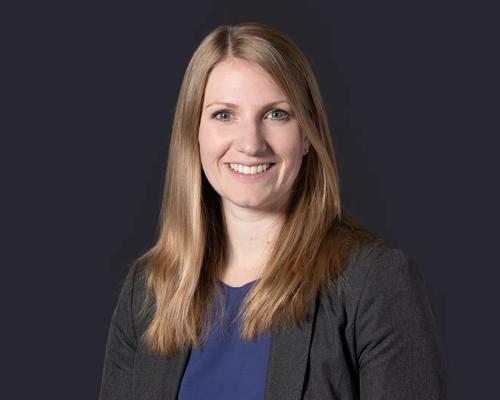
Samantha Paxman
Barrister (Partner)

Mark Barnett
Partner
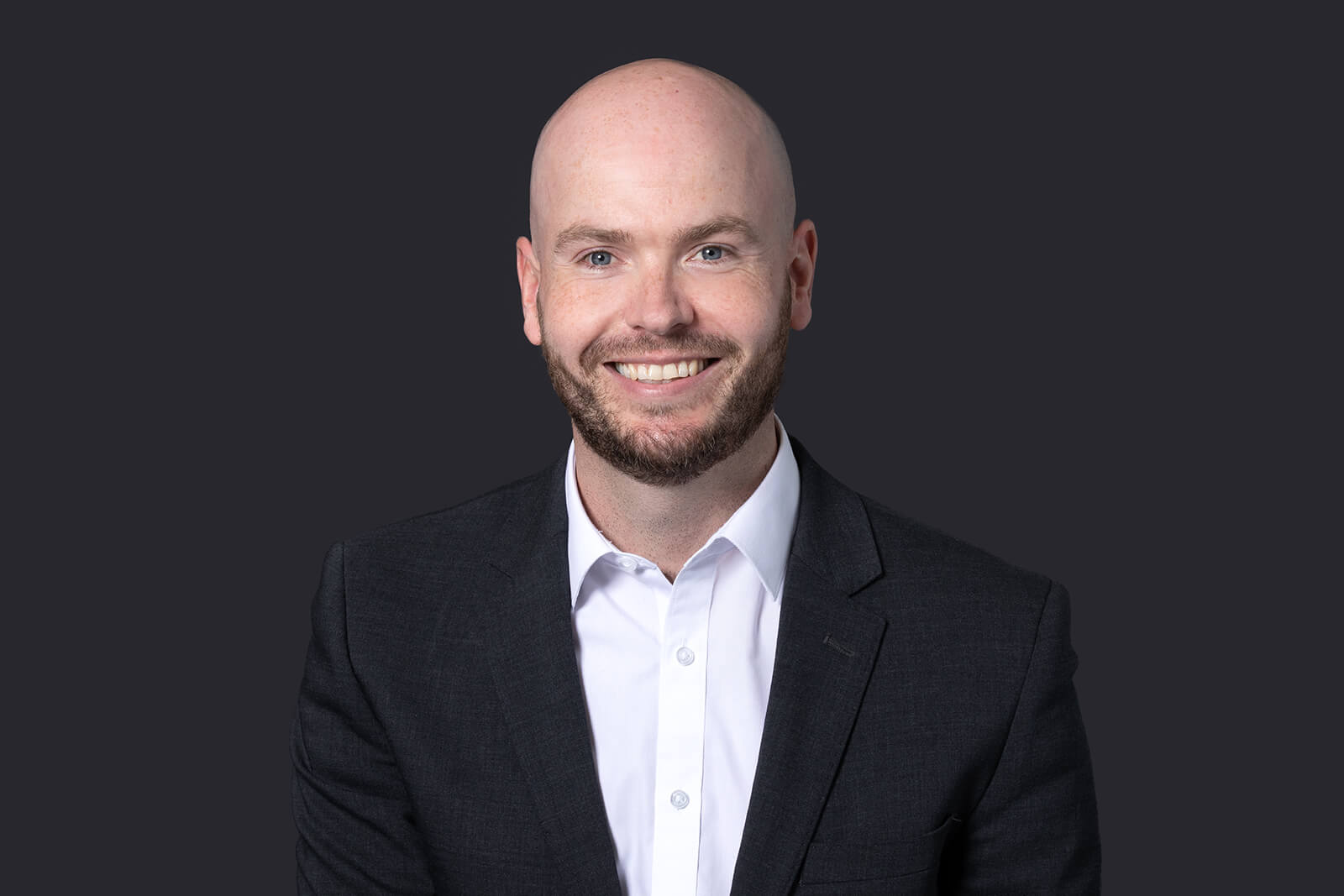
Ed Pollard
Partner

Victoria Colclough
Partner

Rebecca Blackwood
Barrister (Senior Associate)
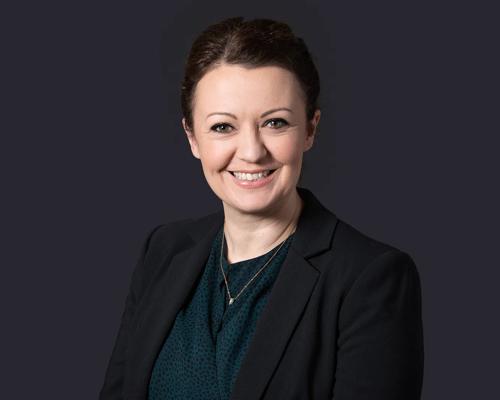
Sarah Vince
Barrister (Principal Associate)

Clare Shepherd
Senior Associate

Luke Berry
Barrister (Legal Director)
You may be interested in...
Legal Update - Mindful insights
Mindful insights: February 2026
Press Release
Mental Health Act 2025 new provisions come into effect: Legal comment
Legal Update - Mental Health Act 2025
The Mental Health Act 2025: Provisions coming into force in February 2026
Legal Update - Mental Health Act 2025
Mental Health Bill receives royal assent
Press Release - Mental Health Act 2025
Mental Health Act 2025: Legal comment as Bill receives royal assent
Legal Update
Liberty Protection Safeguards: 2026 consultation announced and Northern Ireland Cheshire West challenge
Legal Update - Mindful insights
Mindful insights: October 2025
Legal Update
Deprivation of liberty case: Effective multi-agency collaboration
Legal Update - Mindful insights
Mindful insights: June 2025
Opinion
The Court of Appeal explains why a local authority cannot consent to the confinement of a looked after child
Legal Update
Navigating the complexities of deprivation of liberty for children under 16
On-Demand
Pupillage open evening
Legal Update
Court of Protection update for local authority lawyers
Legal Update - Mental Health Act 2025
UK government announces new Mental Health Bill to modernise the Mental Health Act 1983
Legal Update
Inquests and Article 2 of the ECHR: A practical guide following the case of Maguire
Legal Update
Liberty Protection Safeguards (LPS) update – June 2023
Legal Update
Restricting a patient’s use of their mobile phone – is it lawful?
Legal Update
LPS consultation and ‘go live’ planning
On-Demand - Shared Insights
Shared Insights: Prolonged disorders of consciousness
Legal Update
Liberty Protection Safeguards: points to note as consultation period continues
Deprivation of Liberty Safeguards was due to transition to Liberty Protection Safeguards in October 2020 but delayed due to the pandemic. While the public consultation has now closed and we’re still unclear of what the final legislation and code will look like, it’s worth noting and keeping a watching brief.
On-Demand
LPS - it's out - what do you need to know? Part 3: the practicalities of implementation
This on-demand session deals with what we now know so far about the finer detail of the LPS proposals, particularly focussing on the practicalities of implementing the LPS system.Legal Update
The Liberty Protection Safeguards – how can we help?
The Liberty Protection Safeguards (LPS) were introduced in the Mental Capacity (Amendment) Act 2019 and will replace the Deprivation of Liberty Safeguards (DoLS) system. The LPS framework aims to deliver improved outcomes for people who are or who need to be deprived of their liberty.
On-Demand
LPS - it's out - what do you need to know? Part 2: the most significant changes
This on-demand session considers some of the most significant changes to the Code.Legal Update
Liberty Protection Safeguards – It’s out: MCA LPS Consultation
Following on from the first webinar in the Liberty Protection Safeguards (“LPS”) series delivered by Mark Barnett and Chris Stark, the key points below from the webinar are summarised below.
On-Demand
LPS - it's out - what do you need to know?' Part 1: Regulations and Code of Practice
This on-demand session deals with what we now know so far about the finer detail of the LPS proposals, particularly focussing on the practicalities of implementing the LPS system.Opinion
LPS - it’s out
The long-awaited draft Mental Capacity Act Code of Practice, including the Liberty Protection Safeguards (“LPS”), has landed.
Legal Update
Is a review of Article 2 application in inquests on the horizon?
The Supreme Court has granted permission to appeal the decision of the Court of Appeal in the case of Jacqueline Maguire v HM Senior Coroner for Blackpool and Fylde in which the Coroner ruled that Article 2 of the European Convention on Human Rights (the right to life) was not engaged.
Legal Update
Liberty Protection Safeguards: What are they and will they ever happen?
On-Demand - Shared Insights
Shared Insights: Mental Health Units (Use of Force) Act: What does it mean for hospitals in the mental health and acute sector?
On-Demand - Shared Insights
Shared Insights: Mental Health in Maternity
Legal Update
The Liberty Protection Safeguards: brief update
The Liberty Protection Safeguards (LPS) will be used to authorise the proportionate and necessary deprivation of liberty for people aged 16 and above who lack the mental capacity to consent to their care arrangements.
On-Demand
Mental Health and Court of Protection Legal Update webinar
Watch now on-demand our Mental Health and Court of Protection Legal Update webinar, there have been some interesting recent legal developments in this area and topics that were covered during the session.
On-Demand - Shared Insights
Shared Insights: Safeguarding Forum - Safe discharge and conveyance of patients
On-Demand - Shared Insights
Shared Insights: Mental health patients: learning from incidents and inquests
On-Demand - Shared Insights
Shared Insights: the future of interaction between health and social care
On-Demand - Shared Insights
Shared Insights: Managing complex patients
Legal Update
High Court confirms it's unlawful for assessments for detention under s.2, s.3, s.4 and s.7 Mental Health Act 1983 to be conducted remotely
On 22 January 2021, the High Court confirmed that under the Mental Health Act 1983, the phrases “personally seen” in s. 11(5) and “personally examined” in s. 12(1) require the physical attendance by the AMHP and s.12 Doctor on the patient when an assessment is being carried out for detention under the Act.
Legal Update
Coronavirus – new legislation and guidance relevant to practitioners working with the Mental Health Act and the Mental Capacity Act
We are seeing an unprecedented situation in the Mental Health Act and the Mental Capacity Act, which central Government, the NHS and courts are responding to with speed.
Published Article
Protecting the vulnerable – the Liberty Protection Safeguards
In a little under a year, new legislation will be introduced which will have far reaching implications for providers and commissioners of health and social care.









